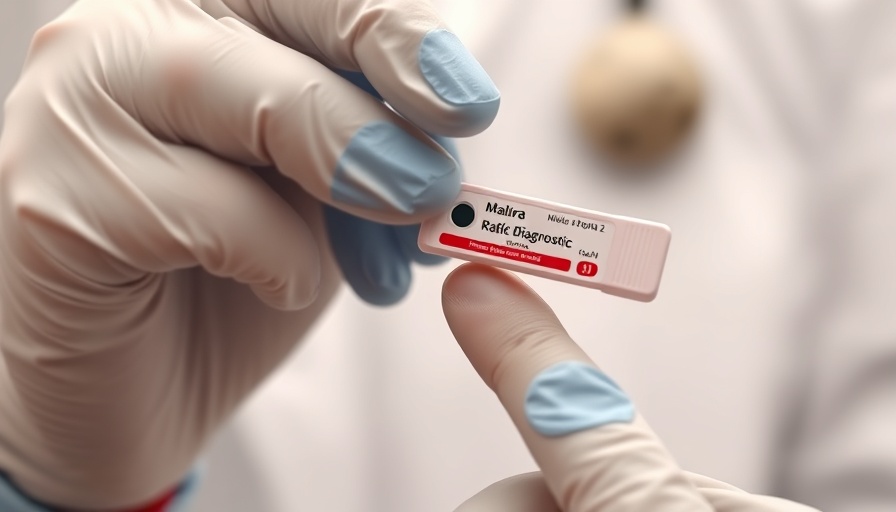
Sip, Soak, and Glow: Tea as a Natural Skincare Ally
In the quest for radiant skin, many individuals invest significant sums in high-end serums and creams, often overlooking the potential of simple, natural remedies readily available in their kitchens. Among these, tea stands out as a powerhouse of skin health benefits. Well-respected dietitian Mbali Mapholi is championing the use of tea not only as a refreshing beverage but as a versatile ally in skincare routines, suggesting daily consumption and topical applications of tea for enhanced skin vitality.
Discovering the Skin Benefits of Tea
Tea is not just a delightful drink; it’s a treasure trove of antioxidants and nutrients that can help rejuvenate your skin from the inside out. Here are some insightful and actionable ways to incorporate tea into your skincare regimen:
1. Sip for Internal Glow
Starting with the simplest step, drinking tea could have remarkable effects on your skin. For example, green tea is rich in catechins, which are powerful antioxidants found to reduce inflammation, improve blood flow, and protect skin cells from oxidative stress. Regular consumption of green tea, especially brands like Tetley, can contribute to clearer, healthier skin.
2. De-Puff with a Tea Bag Remedy
Left with puffy eyes from a long day? A simple solution involves utilizing chilled green or chamomile tea bags. The tannins present in tea can tighten the skin and diminish puffiness. This cost-effective method not only refreshes the eyes but also promotes sustainability by repurposing used tea bags.
3. A Natural Exfoliator
Tea leaves can also serve as a delightful exfoliant. Create a DIY scrub by mixing brewed tea leaves with honey and sugar for a gentle yet effective way to remove dead skin cells. Such practices not only reveal a brighter complexion but also support healthy skin turnover.
4. Homemade Tea Masks
Crafting face masks using tea can deeply nourish the skin. For instance, combining brewed green tea with honey and yogurt provides a soothing and refreshing mask that helps hydrate and calm irritated skin.
5. Soothing Soaks
For a luxurious self-care routine, add tea bags to your bathwater. Chamomile or green tea infusions can help soothe and rejuvenate the skin while offering a peaceful, aromatic experience. This approach not only benefits the skin but also encourages relaxation, perfectly complementing holistic health practices.
Additional Applications of Tea for Skin Health
Research also supports the multiple ways in which tea contributes to skin health. According to various studies, both internal consumption and external application of tea can help with:
- Management of Acne: Green tea can significantly reduce sebum production, leading to fewer breakouts.
- Reduction of Inflammation: The anti-inflammatory properties of tea can soothe conditions like eczema or psoriasis, contributing to overall skin health.
- Protecting Against UV Damage: Studies suggest that the antioxidants in green tea may help protect against skin cancer by safeguarding DNA from UV-induced damage.
Understanding the Science Behind It
The science behind tea’s benefits for skin health hinges largely on its rich array of antioxidants. Notably, the compound epigallocatechin-3-gallate (EGCG) found in green tea has garnered attention in skin research. It demonstrates properties that may boost collagen production, improve skin elasticity, and combat signs of aging. Additionally, clinical studies highlight that regular consumption (recommended at about 5 cups per week) can lead to a marked improvement in skin condition and resilience.
In Conclusion: Sip, Soak, and Shine
The incorporation of tea, particularly green tea, into your daily routine can not only provide an enjoyable experience but also protect and enhance your skin's health. With minimal expense and maximum benefits, tea offers a strategic, holistic approach to skincare. So why not brew a cup and embrace the natural goodness of tea?
 Add Row
Add Row  Add
Add 




Write A Comment